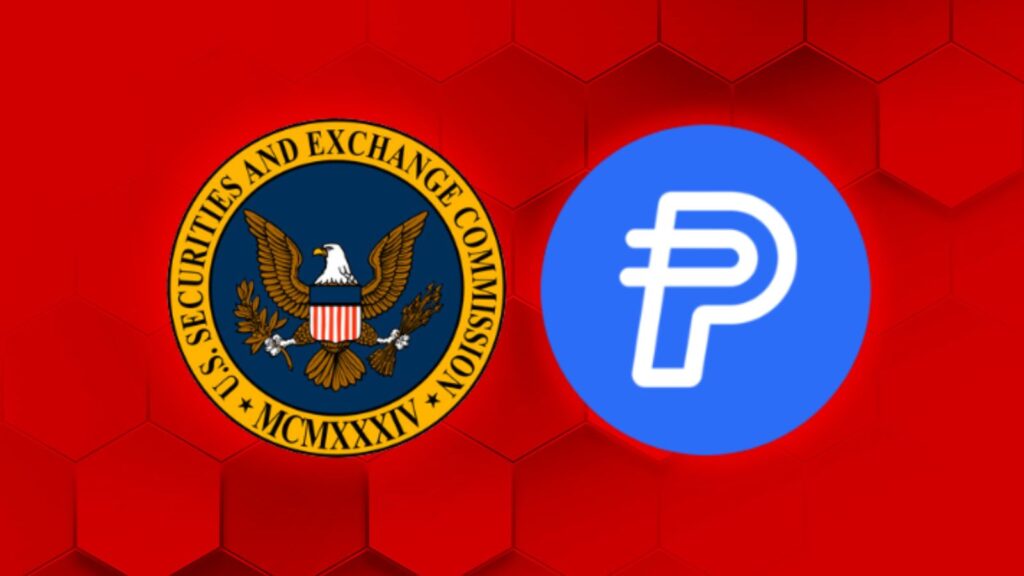
The SEC’s Inquiry Amidst Policy Backlash
As PayPal navigates the complexities of launching its PYUSD stablecoin, which has drawn the SEC’s attention, the company also faces scrutiny over its user policies. The global payments giant, while pioneering in the crypto space, has stirred controversy with its Acceptable Use Policy, which has raised significant concerns about the implications for free speech and the potential for financial penalties tied to users’ political viewpoints.
Balancing Act: Financial Innovation and User Rights
PayPal’s stance on content deemed to promote “hate, violence, racial or other forms of intolerance” has sparked a debate on the balance between corporate policy and individual rights. The policy, which includes the possibility of imposing fines for violations, has led to a broader discussion on the role of financial services in moderating user behavior and the fine line between hate speech and protected speech under the First Amendment.
The Fine Line of Content Moderation
The company’s policy, which could penalize users up to $2,500 for activities related to the “promotion of hate,” has been met with backlash. This includes concerns over the subjective nature of “hate speech” definitions and the potential for such policies to overreach, affecting even scholarly discourse and standard conservative viewpoints. The contentious nature of this policy has prompted some users to reconsider their reliance on PayPal’s services.
A Question of Free Speech and Financial Governance
The debate extends beyond PayPal’s walls, touching on a global conversation about the regulation of speech on social media and digital platforms. While some advocate for stricter controls akin to those in other countries, others warn of the dangers of encroaching on free speech protections. This conversation is particularly relevant as financial platforms increasingly intersect with social issues.
Market Response Amidst Policy Concerns
Despite the market’s positive reception to PayPal’s PYUSD stablecoin, the company’s recent policy controversies could cast a shadow over its ambitions. As PayPal aims to integrate its stablecoin further into digital payments and Web3, it must navigate the delicate balance between fostering innovation and maintaining user trust.
Perhaps decentralization technologies can ultimately deliver the best of both worlds – retaining regulatory protections while distributing authority among decentralized actors, not centralized intermediaries. Only time will tell if such a vision can be realized, but for now regulators and innovators must find common ground. The PayPal subpoena underscores these difficult tradeoffs.
Thank you for reading “PayPal’s PYUSD Stablecoin Under SEC Scrutiny“.
- Subscribe to our newsletter: ConsensusProtocol.org
- Follow us on Twitter: @ConsensusPro
Sources:




